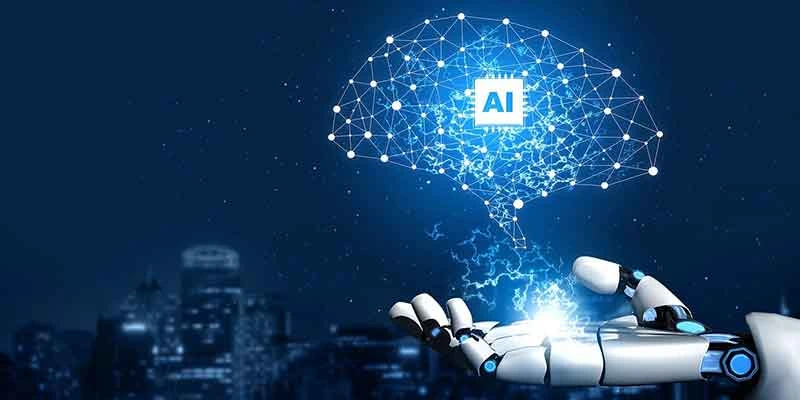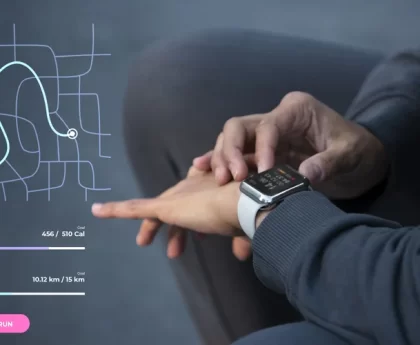Artificial intelligence (AI) has had a profound and transformative impact on the world, touching nearly every sector and aspect of daily life. Here are some key areas where AI has made a significant impact:
1. Economic Transformation
- Automation: AI-powered systems have automated repetitive and complex tasks, increasing productivity but also raising concerns about job displacement in industries like manufacturing, logistics, and customer service.
- New Industries: AI has spurred the growth of new sectors such as robotics, autonomous vehicles, and personalized healthcare, creating demand for skilled workers in these fields.
2. Healthcare Advancements
- Diagnostics and Treatment: AI is improving disease detection (e.g., cancer and rare genetic disorders) using advanced imaging and predictive algorithms.
- Drug Development: AI accelerates drug discovery by analyzing biological data and predicting drug efficacy.
- Personalized Medicine: Machine learning tailors treatments to individual patients based on genetic and lifestyle factors.
3. Social and Ethical Impacts
- Enhanced Accessibility: AI tools assist people with disabilities, such as AI-powered hearing aids and real-time speech-to-text applications.
- Bias and Ethics: AI systems sometimes perpetuate biases present in their training data, raising concerns about fairness, accountability, and transparency.
- Privacy Concerns: Increased use of AI in surveillance and data analysis challenges individual privacy rights.
4. Environmental Impact
- Sustainability Solutions: AI optimizes energy use, predicts environmental changes, and aids in conservation efforts.
- Carbon Footprint: On the flip side, AI training and deployment require significant computational power, contributing to carbon emissions.
5. Education and Workforce Development
- Personalized Learning: AI enhances education by offering tailored learning experiences and identifying gaps in student understanding.
- Reskilling Needs: As AI automates jobs, it also demands the reskilling of workers to meet the requirements of an AI-driven economy.
6. Global Politics and Security
- Geopolitical Competition: AI has become a key factor in international competition, with countries investing heavily in AI research for economic and military advantage.
- Cybersecurity: AI strengthens defenses against cyber threats but also introduces risks, as adversaries use AI for sophisticated attacks.
- Autonomous Weapons: AI-powered military systems spark debates on ethics and global security.
7. Everyday Life
- Convenience: Artificial Intelligence is integrated into personal assistants (like Siri or Alexa), recommendation algorithms, and smart home devices.
- Communication: Tools like real-time translation and AI-powered content creation are bridging cultural and language barriers.
8. Creativity and Innovation
- Art and Media: Artificial Intelligence generates music, art, and literature, enabling new forms of creativity and collaboration.
- Scientific Discovery: AI is instrumental in solving complex scientific problems, such as modeling climate change and simulating molecular structures.





